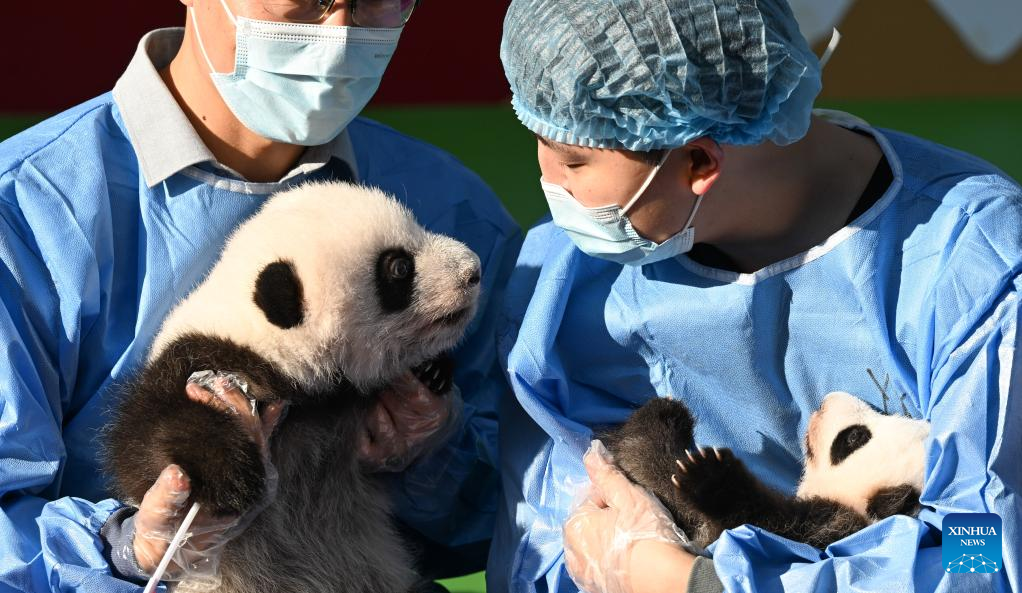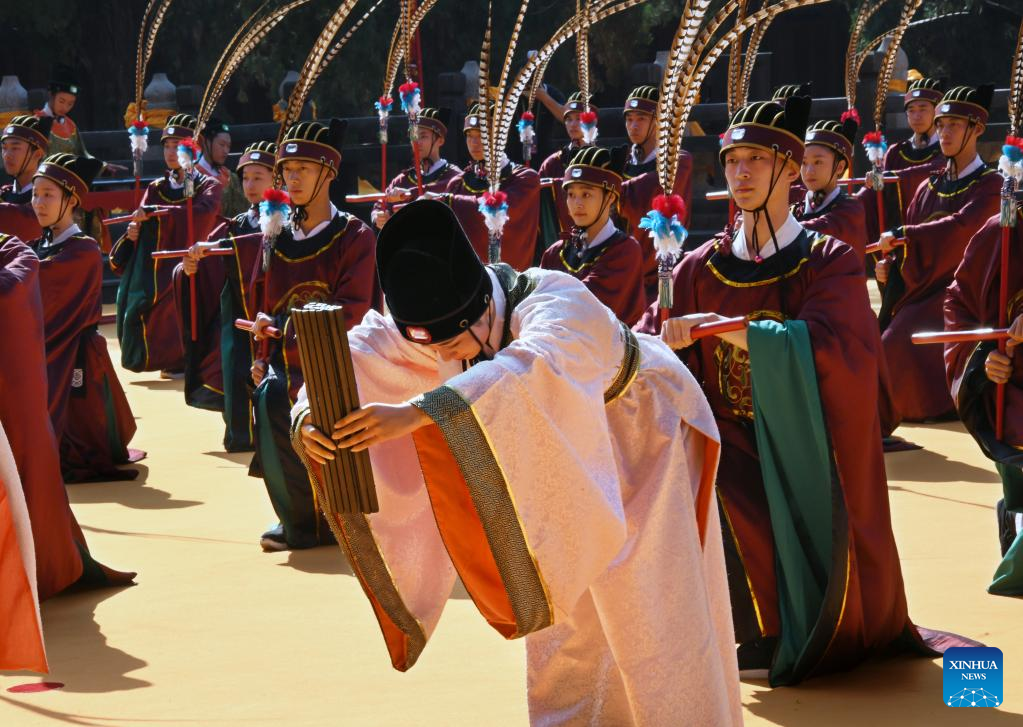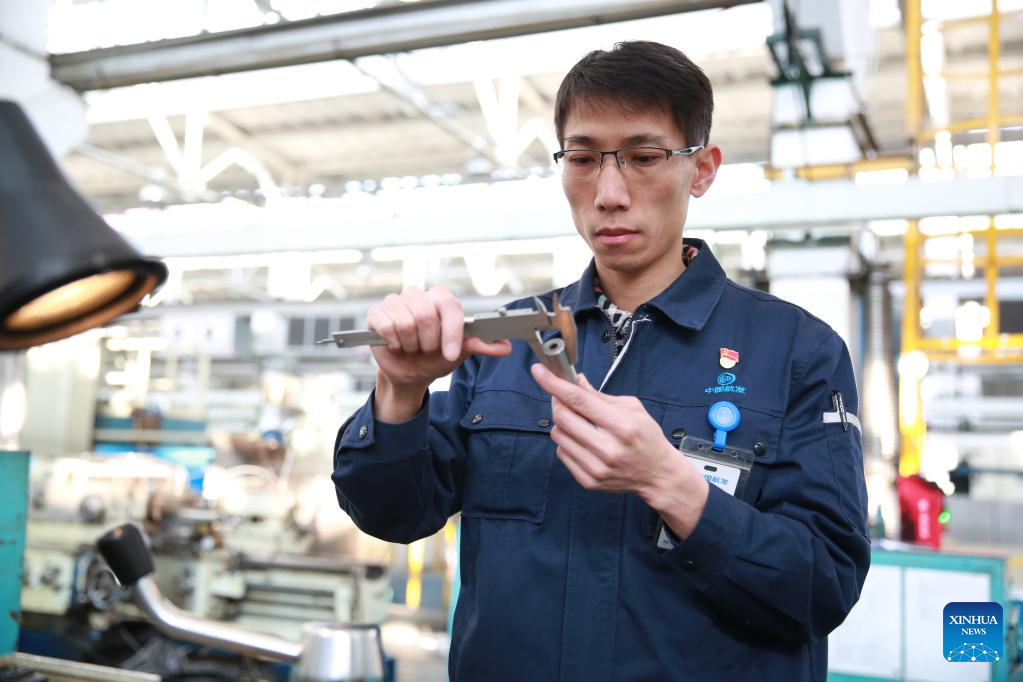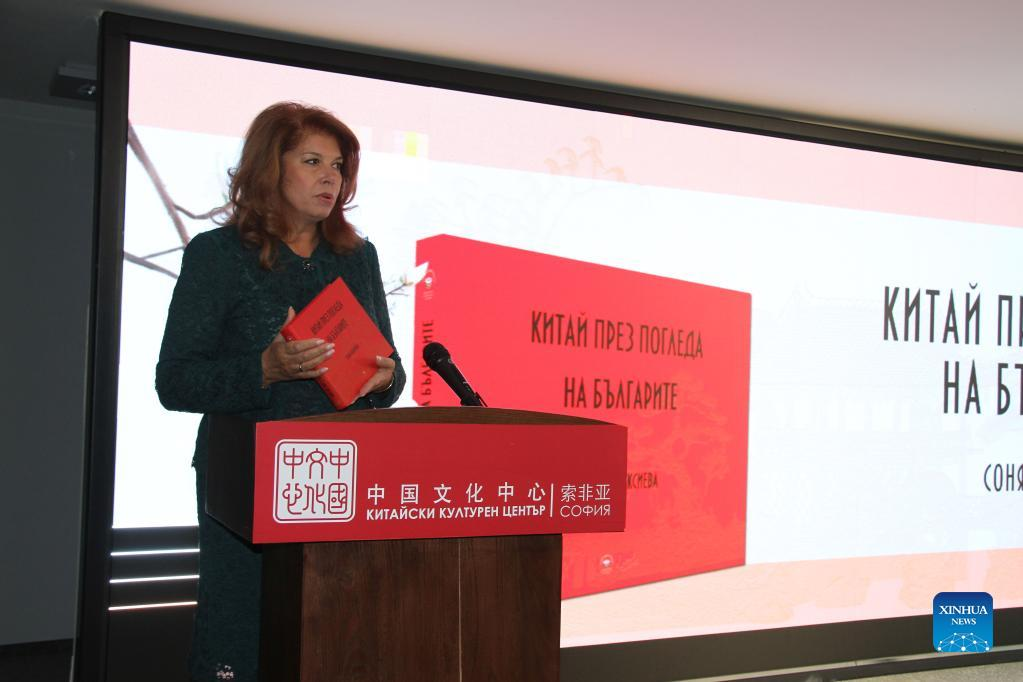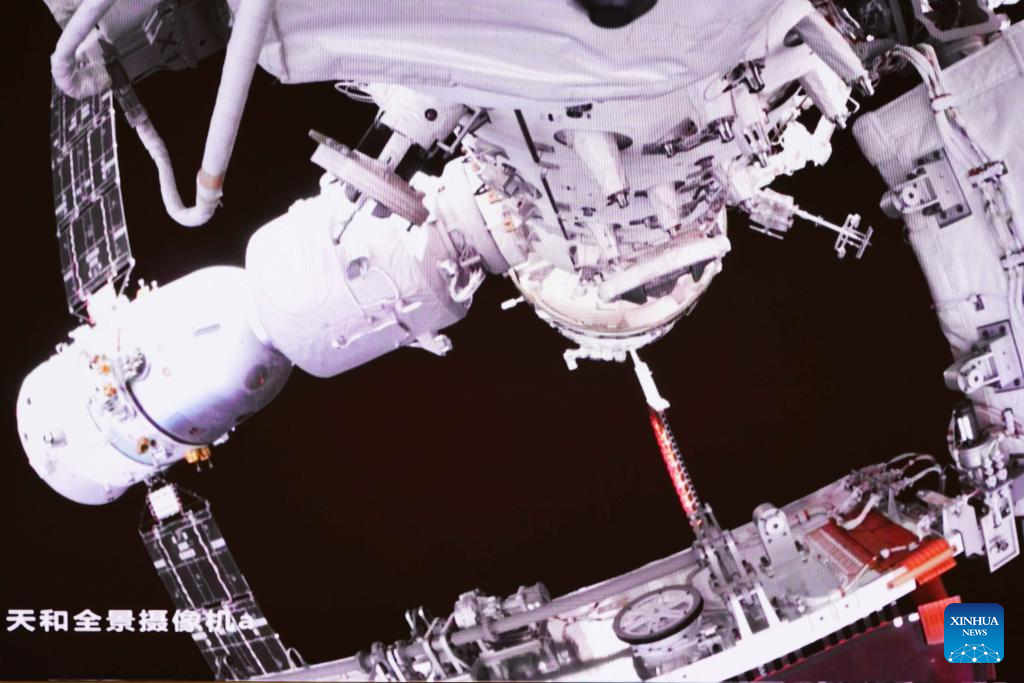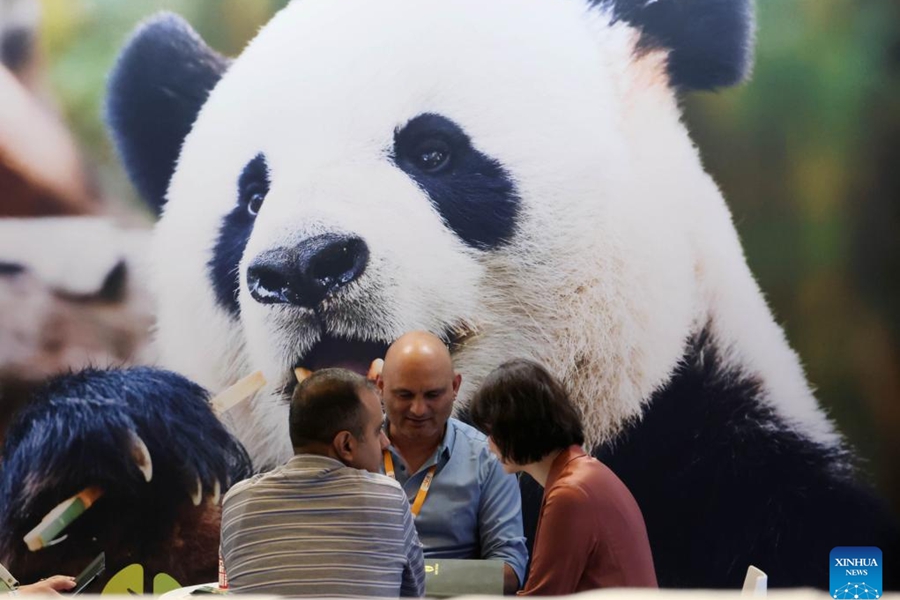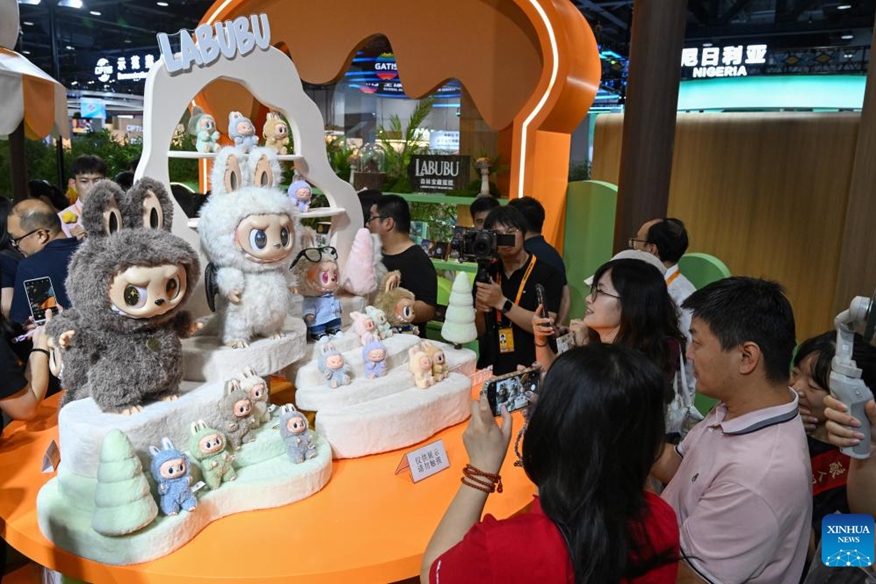Associate Professor Chen Zheng from Xi'an Jiaotong-Liverpool University (XJTLU) maintains a balanced approach to his teaching and research, China Science Daily reported.
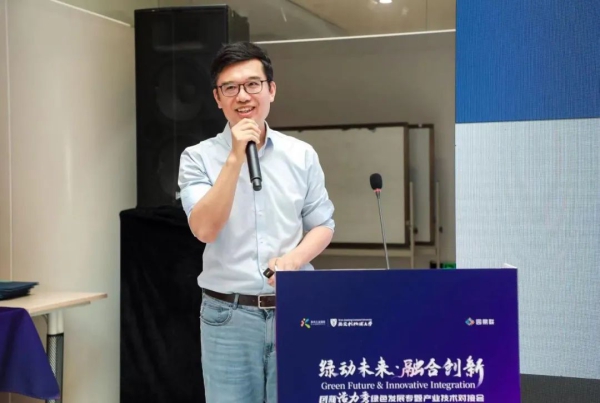
Born in 1981, Chen entered Peking University in 1998 and worked as a correspondent for four months after completing his Ph.D. He left journalism due to the pressures of deadlines and the focus on general, serious topics, preferring to write about lighter subjects.
Chen appreciates the unique system and advantages at XJTLU. For example, the laboratories are co-developed by the university’s infrastructure team and faculty, and the equipment is supported by the university and local authorities, significantly reducing costs. More importantly, XJTLU emphasizes research-oriented teaching rather than solely prioritizing the number of papers a teacher has published.
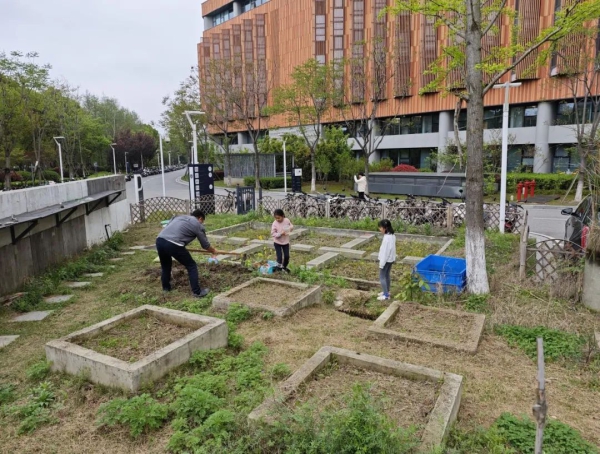
Chen’s research interest in soil is linked to the goal of carbon neutrality. He believes that enhancing soil to resemble black soil's properties can contribute to carbon sequestration and food security.
In February this year, Chen heard that there were some new archaeological discoveries about the ancient city of Suzhou in the Qin Dynasty. He was particularly interested in talking to the archaeologists to see if useful information about ancient soil could be obtained from the Qin Dynasty relics.


